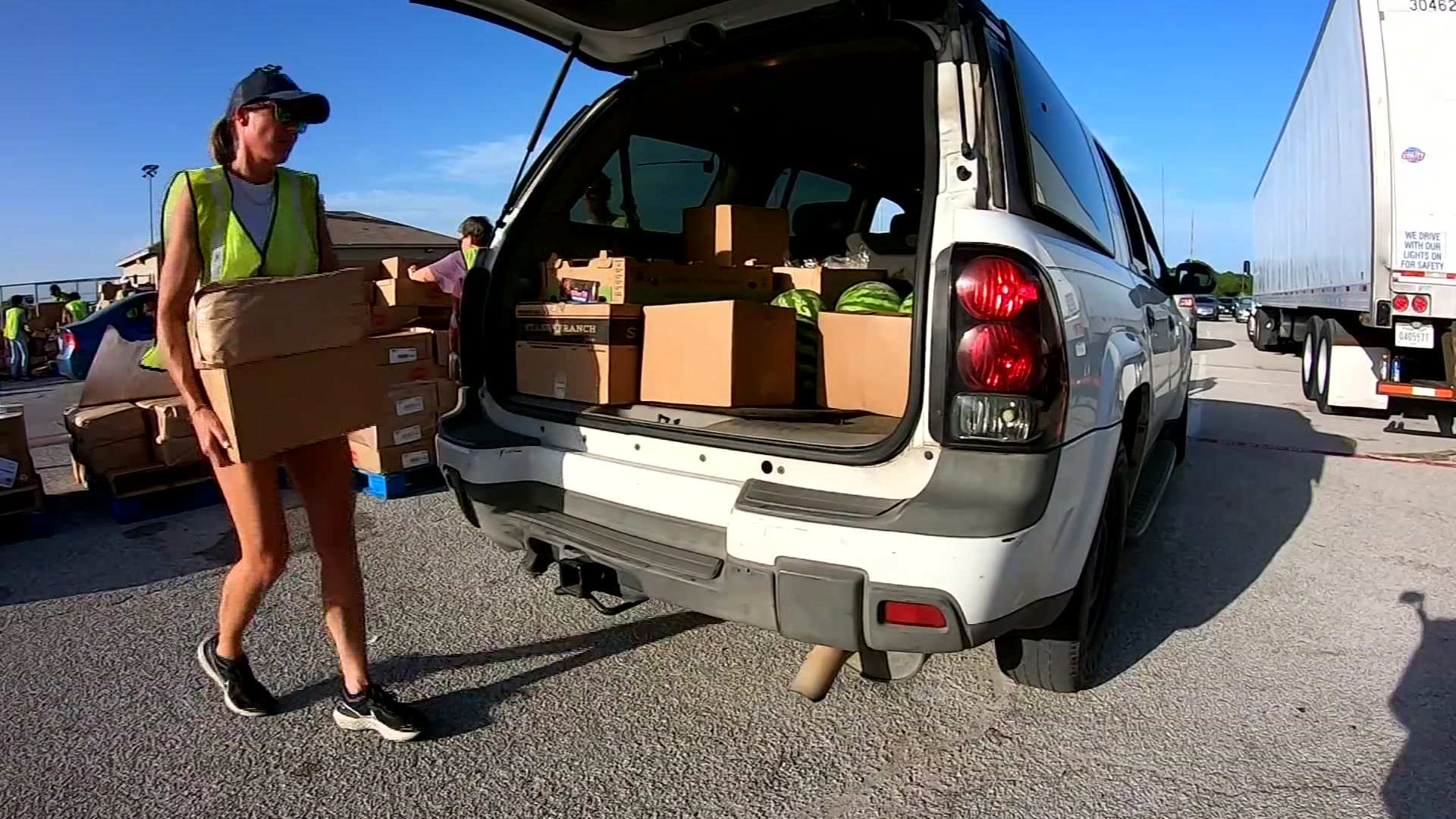Technology can help us lead a healthier life and that couldn't be more true for one North Texas woman who credits her Apple Watch with detecting a potentially serious heart condition.
At 75-years-old, Liz Turner keeps up with the latest moves and the latest tech trends.
She got her first Apple Watch after watching her grandchildren use theirs.
"I got one because my grandchildren had one," Turner said.
While tracking calories burned, Turner also tracks her heart rate. During a recent workout, she felt something wasn't right.
"You don't feel your heart beating right now, do you? No. I felt my heart coming out of my chest and it felt like it was just racing," she said.
Her watched tracked her heart rate at 181. Her normal max heart rate is 140.
"It would have blown out of my chest if I had gone any further," she said.
Local
The latest news from around North Texas.
To make sure it wasn't a fluke, she said she used Apple's ECG app each time she felt her heart beating irregularly over the next few days.
Electrodes inside the Apple Watch Series 4 can record a heart's rhythm and generate a electrocardiogram waveform in 30 seconds.
She uploaded the data to her phone and then to her doctor, who sent her to Baylor Heart Hospital in Dallas.
"The next step that we would do is say, 'OK, why don't you wear a monitor and capture what that rhythm strip is,' but because her newer watch already had that feature put in, we were able to get the diagnosis that much faster," said Dr. Praveen Rao, an electrophysiologist at Baylor Scott & White Hospital
Rao said Turner suffered from atrial fibrillation, an irregular rhythm of the heart and the leading cause of blood clots and stroke, if it's not caught early.
Rao said the latest generation of wearables is helping doctors catch it early and more often.
"I think the prevalence is really growing. Now that we are recognizing it, we are capturing things that we didn't know of before," he said.
According to Apple, the ECG app and irregular rhythm notification feature were introduced on Apple Watch last year, which help users identify signs of A-Fib.
Apple continues to receive letters from customers who explain Apple Watch has helped them identify heart conditions and seek medical treatment.
Turner chose to undergo a two-hour long ablation procedure to isolate parts of the heart so that it stays in a normal rhythm.
One week later, she was back on her feet and back at the gym.
There are several devices on the market with similar heart monitoring technology as the Apple Watch.
However, doctors said you should always seek medical attention if you feel an irregular heartbeat.
A-Fib tends to affect older adults but doctors said more younger people can go into A-Fib for lack of sleep, excess caffeine or excess alcohol.




